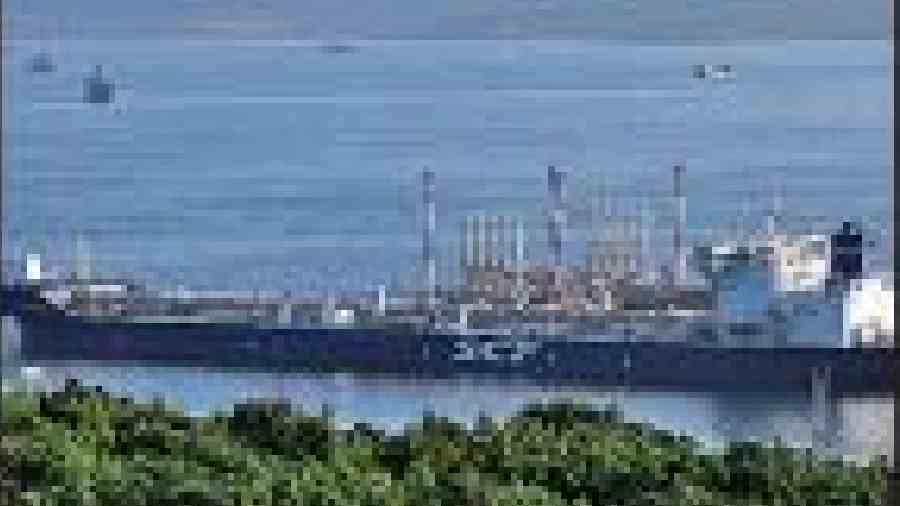Russia said on Saturday it would continue to find buyers for its oil, despite what it said was a “dangerous” attempt by western governments to introduce a price cap on its oil exports.
A coalition of western countries led by the G7 group of nations agreed on Friday to cap the price of Russian seaborne oil at $60 a barrel, as they aim to limit Moscow’s revenues and curb its ability to finance its invasion of Ukraine.
Russian President Vladimir Putin and high-ranking Kremlin officials have repeatedly said that they will not supply oil to countries that implement the price cap.
In comments published on Telegram, Russia’s embassy in the US criticised what it said was the “reshaping” of free market principles and reiterated that its oil would continue to be in demand despite the measures.
“Steps like these will inevitably result in increasing uncertainty and imposing higher costs for raw materials’ consumers,” it said.
“Regardless of the current flirtations with the dangerous and illegitimate instrument, we are confident that Russian oil will continue to be in demand.”
Kremlin spokesman Dmitry Peskov said Moscow had made preparations for Friday’s price cap announcement by the Group of Seven nations, the European Union and Australia, the Russian state news agency Tass reported.
“We will not accept this cap,” RIA news agency quoted him as saying. He added that Russia would conduct a rapid analysis of the agreement and respond after that, RIA reported.
Russia has repeatedly said it will not supply oil to countries that implement the cap —a stance reaffirmed by MikhailUlyanov, Moscow’s ambassador to international organisations in Vienna, in posts on social media on Saturday.
“Starting from this year Europe will live without Russian oil,” he said.
The G7 price cap will allow non-EU countries to continue importing seaborne Russian crude oil, but it will prohibit the shipping, insurance and re-insurance companies from handling cargoes of Russian crude around the globe unless it is sold for less than $60.
That could complicate the shipment of Russian crude priced above the cap, even to countries which are not part of the agreement.
Russian Urals crude traded at around $67 a barrel on Friday.
US treasury secretary Janet Yellen said the cap will particularly benefit low- and medium-income countries that have borne the brunt of high energy and food prices.
“With Russia’s economy already contracting and its budget increasingly stretched-thin, the price cap will immediately cut into (President Vladimir) Putin’s most important source of revenue,” Yellen said in a statement.











